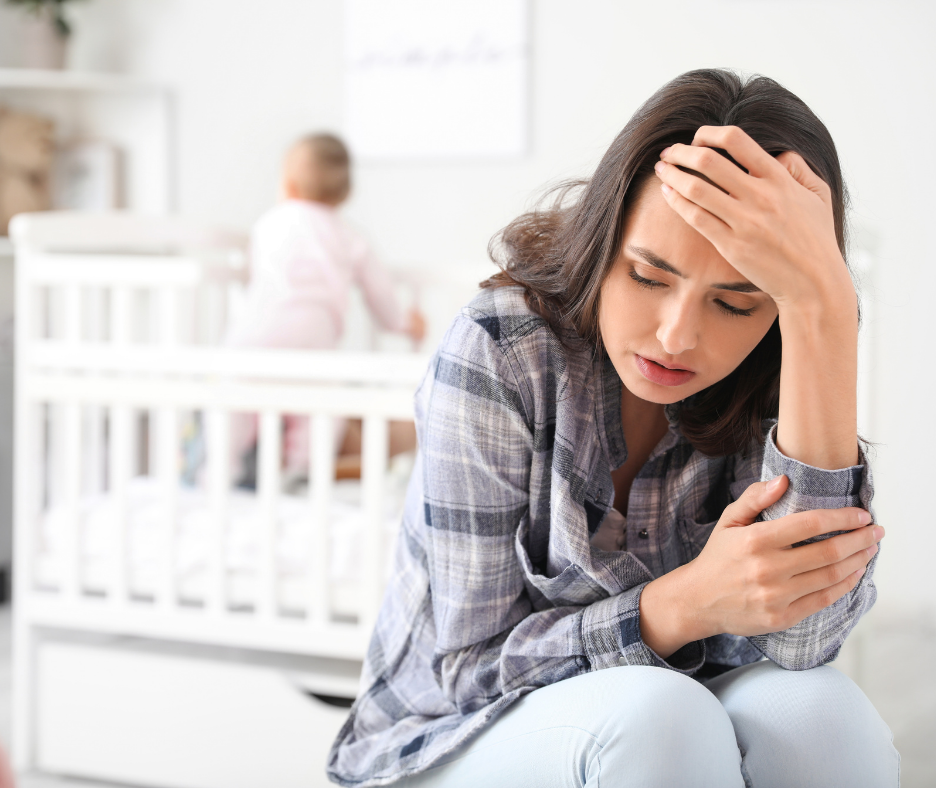Understanding the Differences: Stress, Anxiety, and Depression
We live in a fast-paced world – add the holiday season and mix in a time change – those can often be the perfect ingredients for changes to mental health. Stress, anxiety, and depression are common mental health challenges that can affect anyone and while they share similar symptoms, understanding their unique characteristics can help in addressing them effectively. Here’s a breakdown of each to help you recognize and manage them in your daily life, particularly over the next couple of months.
What is Stress?
Stress is a response to an external trigger, such as a deadline, argument, or a big change in life. It’s your body’s natural reaction to pressure that can cause a burst of energy (think the “fight-or-flight” response). While a little stress can be motivating, prolonged stress can lead to negative effects on your health. Physical symptoms include headaches, muscle tension, and difficulty sleeping, while emotional signs include irritability and difficulty concentrating.
- Key Characteristics: Typically short-term and tied to specific events.
- Common Signs: Increased heart rate, tense muscles, sleep disruption.
- When to Address It: When it feels unmanageable, or you experience chronic symptoms.
What is Anxiety?
Anxiety is characterized by a persistent worry or fear, often outlasting the original event that may have initiated those feelings. Unlike stress, anxiety doesn’t always have a clear cause and can create a constant sense of dread. It can also manifest in physical symptoms similar to stress – but on a more chronic basis. Social situations, anticipation of the future, or even random triggers can bring it on.
- Key Characteristics: Often ongoing and harder to “turn off.”
- Common Signs: Racing thoughts, restlessness, difficulty relaxing.
- When to Address It: When worry interferes with daily life or feels overwhelming.
What is Depression?
Depression is a mood disorder with symptoms that impact daily life and affect both emotional and physical health. Unlike stress or anxiety, depression creates feelings of emptiness or sadness that persist over time, even during positive and festive events or achievements. Depression can affect energy levels, motivation, and a person’s ability to enjoy life.
The Substance Abuse and Mental Health Services Admission (SAMHSA) talks about the types of depression here.
- Key Characteristics: Feelings of hopelessness, sadness, and disinterest lasting more than two weeks.
- Common Signs: Loss of interest in activities, changes in appetite or sleep, fatigue, feelings of worthlessness.
- When to Address It: If symptoms persist for weeks or worsen, seeking professional help is crucial.
Managing and Seeking Help
While stress may lessen when the initial cause goes away, anxiety and depression often require long-term management strategies, like therapy, lifestyle changes, or medication. Recognizing these differences can help you seek the right support for each, whether that’s through mindfulness exercises, counseling, or medical intervention.
Remember – addressing mental health struggles is a sign of strength, not weakness. Certified Community Behavioral Health Clinics (CCBHC), like Singing River Services, are modeled to have approaches for anyone in crisis.
CCBHCs are available 24/7 and offer personal and family mental health screening, care, and counseling services.



